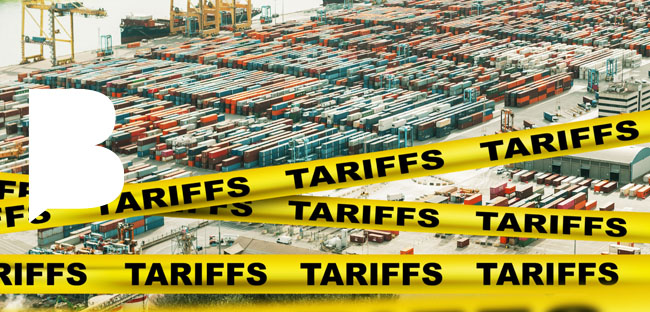Meta has announced it is ramping up efforts to protect teenagers on Instagram by deploying AI to detect users who may have lied about their age. The technology will automatically place suspected underage users into Teen Accounts, even if their profiles state they are adults.
These special accounts come with stricter safety settings designed for users under 16. Those who believe they’ve been misclassified will have the option to adjust their settings manually.
Instead of relying solely on self-reported birthdates, Meta is using its AI to analyse behaviour and signals that suggest a user might be younger than claimed.
While the company has used this technology to estimate age ranges before, it is now applying it more aggressively to catch teens who attempt to bypass the platform’s safeguards. The tech giant insists it’s working to ensure the accuracy of these classifications to prevent mistakes.
Alongside this new AI tool, Meta will also begin sending notifications to parents about their children’s Instagram settings.
These alerts, which are sent only to parents who have Instagram accounts of their own, aim to encourage open conversations at home about the importance of honest age representation online.
Teen Accounts were first introduced last year and are designed to limit access to harmful content, reduce contact from strangers, and promote healthier screen time habits.
Instead of granting unrestricted access, these accounts are private by default, block unsolicited messages, and remind teens to take breaks after prolonged scrolling.
Meta says the goal is to adapt to the digital age and partner with parents to make Instagram a safer space for young users.
Would you like to learn more about AI, tech and digital diplomacy? If so, ask our Diplo chatbot!









